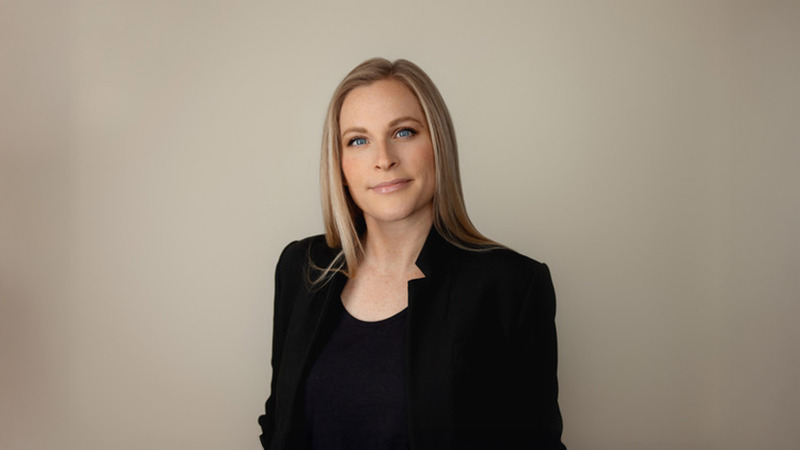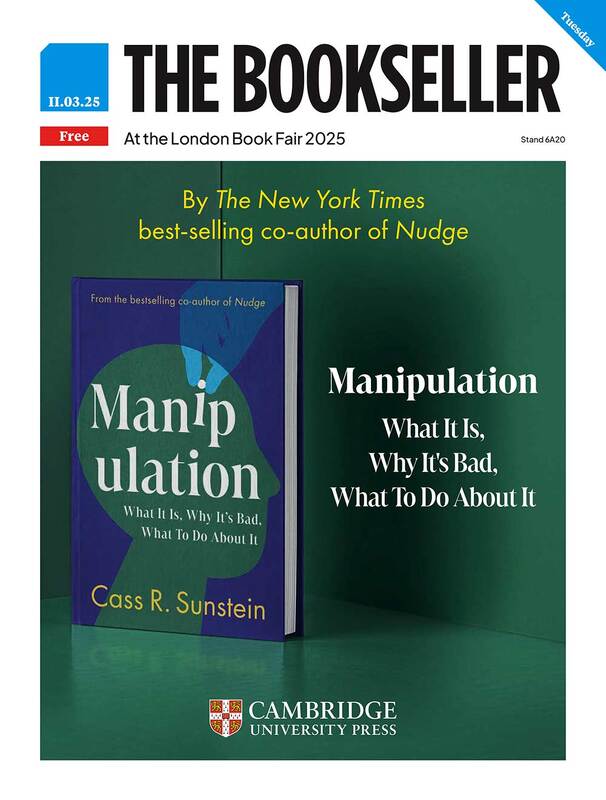You are viewing your 1 free article this month. Login to read more articles.
Lionel Shriver responds to her critics
Lionel Shriver has replied to 2016's WriteNow mentees, who recently penned an open letter condemning the author's views on diversity expressed in a column the Spectator. Addressing the 2016 cohort of underrepresented writers on Penguin Random House's outreach programme, the author defended her position against quotas, saying it was not racist but a warning to the UK not to go down the "unfair, anti-meritocratic and culturally destructive road" of affirmative action.
Following her Spectator piece in which she said PRH was "drunk on virtue", Shriver was widely criticised on social media and her position as a prize judge for Mslexia's Short Story Competition was terminated, with the prize's founder and editorial director Debbie Taylor explaining the "difficult decision" was made because her comments risked alienating the women it is trying to support.
In her reply to the WriteNow mentees, published on the Spectator website on Thursday (21st June), Shriver said "an internet mob" had wilfully misread and effectively rewritten her views.
She said outrage was now "the left’s contemporary drug of choice...addiction levels seem to have got so high that it’s not enough to get indignant about what’s actually out there; it’s now necessary to make enraging stories up. But I have a hard enough time sticking up for what I actually believe, and actually put in print, without defending against all the things I don’t believe, and didn’t put in print."
The We Need To Talk About Kevin author emphasised that she had said "not one discouraging word" about PRH's WriteNow scheme and in fact it was "exactly the approach I endorse for helping to vary the voices on our bookshelves", refering also a similar initiative run by her publisher HarperCollins which has her "full support".
What she did take exception to, Shriver reiterated, was PRH’s aim to have its staff and list of authors mirror the UK population by 2025 in regard to race, ethnicity, class, disability, sexuality and gender.
She wrote PRH's "aspiration" was the pursuit of numerical quotas, and stressed the demographic proportions were "statistically ascertainable". She further warned in regard to the last criterion - gender - that it could lead to women who are over-represented in editorial being sacked.
While standing by her concerns that quotas could have a negative bearing on quality, her stance on affirmative action is informed by the US's "cautionary" experience of it, she explained, where she believes such policy has in fact "entrenched racial divisions and pitted minorities against one another."
She wrote: "I do not like diversity quotas, in publishing or anywhere else. They can tempt HR departments to value hitting arithmetic targets over hiring competent workers and tempt editors to value category-bulking authors over the most exceptional writers from any background. To the degree that PRH genuinely aims to ply its wares amongst minority communities with historically few readers, brilliant. That is thinking like a publishing company, whose driving purpose should be expanding its market and selling more books. Nevertheless, the manifestation of a narrow, rigid version of diversity, rather than strong book sales and literary excellence, can too easily become an end in itself. With the relinquishment of judgment abundantly on merit, quality could suffer.
"Hitherto, the UK has not extensively employed positive discrimination, which may still seem innocently benevolent in Britain. But, as Coleman Hughes explains [in the Spectator magazine], the US has rigorously pursued what we call affirmative action, especially in education, for nearly 50 years. The American experience is cautionary.
"Combating injustice with more injustice, and racism with more racism, is philosophically contradictory and pragmatically ham-fisted. In the US, affirmative action has entrenched racial divisions and pitted minorities against one another.
"These finger-on-the-scale policies have often benefited the economically well-off who happen to tick a racial box. Intrinsically paternalistic, affirmative action has stigmatised and demoralised the very populations it was designed to help. (You observed how hard WriteNow was to get into, and what stringent standards you had to meet. You want to have been selected because you’re especially talented, right? Not because you improved a PR statistic.) Though brought in to compensate for historical prejudice, this redress has no endpoint. It is never over. Bring in affirmative action, and you’re stuck with it."
Shriver went on to question whether there had been "malicious misinterpretation" of her views, and questioned if the "impatient internet age" was fostering self-censorship.
"That column wasn’t hard to understand, and I can’t imagine your reading comprehension scores are quite that low. So we’re dealing with what I can only call malicious misinterpretation," she wrote to the mentees. " ... I’m afraid this is a textbook instance of what’s becoming all too common: an internet mob effectively rewrites your views, the better to attack them. But a world in which you have said, not what you said, but what other people say you said, is a world in which savvy people stop writing and shut up. After all, this column — it won’t make any difference, will it? The verdict is in."
In closing she said she hoped the mentees didn't work hard to establish themselves as writers "only to discover that when you write the word ‘red’ your readers picture aquamarine, and when you write ‘carrot’ your readers conjure a tractor" and said she shared their ambition for the writing profession to be populated by "folks from a wide range of backgrounds".
"We only differ on how we get there. I wouldn’t do it with quotas. Because diversity doesn’t lower standards. Quotas do," she said, and signed off: "Wishing you the best of luck in a damnably difficult job."
Shriver's full reply to her critics can be read on the Spectator's website.



















